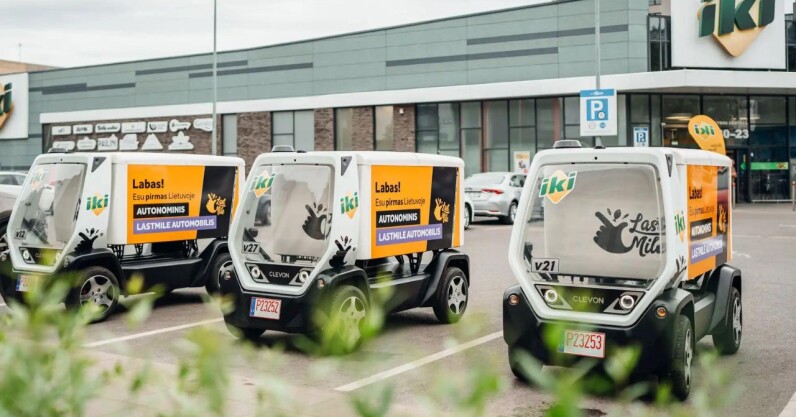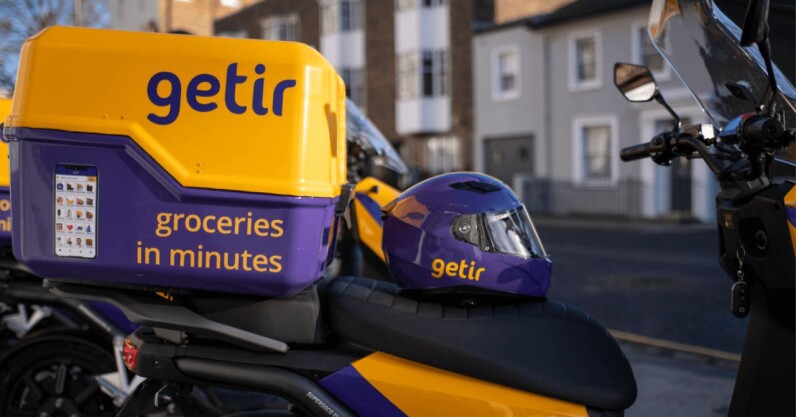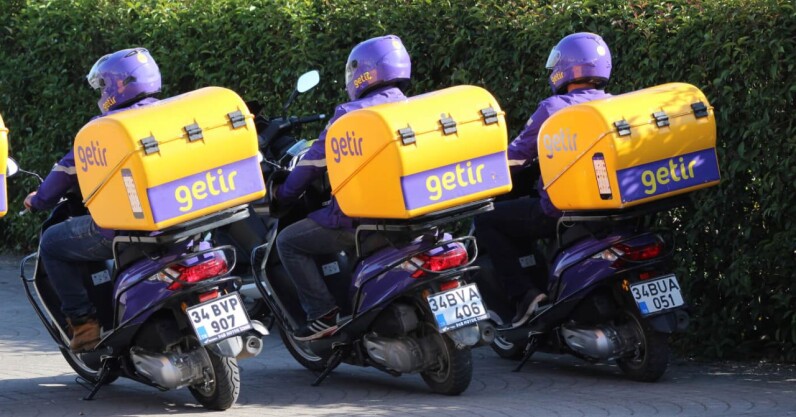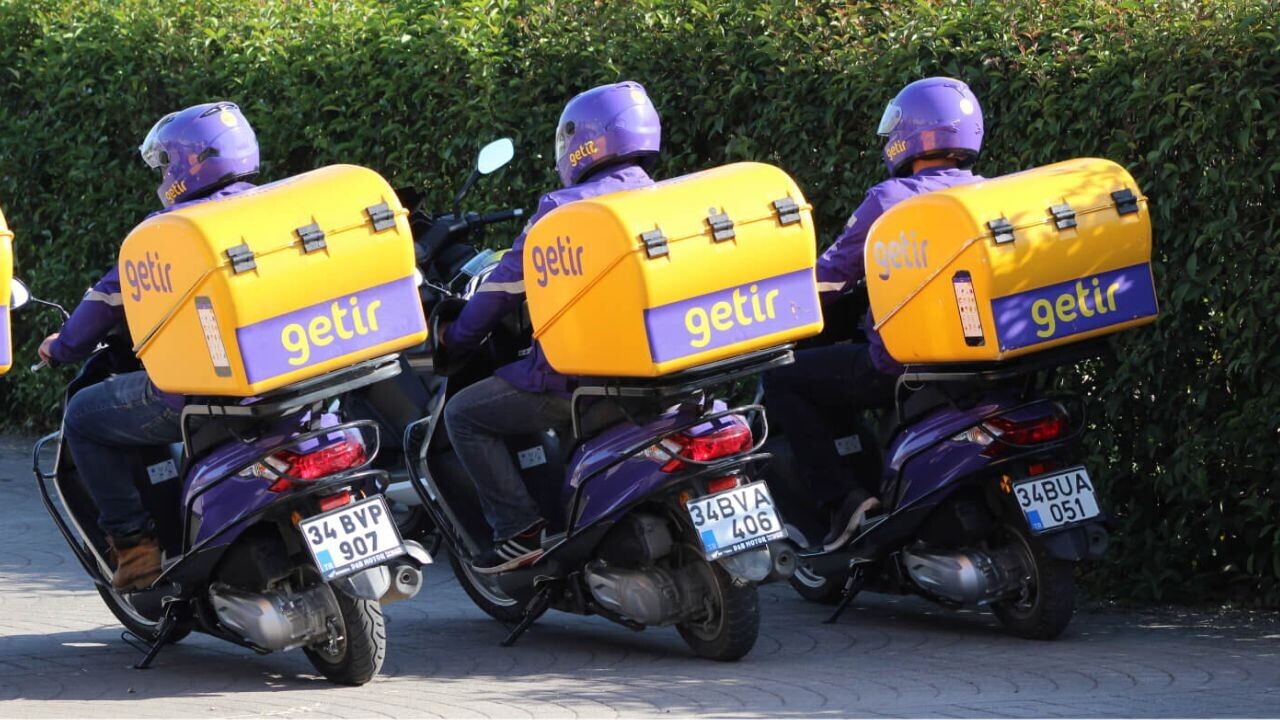When Monzo published its latest annual revenue figures in February, it provided a flicker of light after months of headlines about fintech down rounds and job cuts.
The accounts showed that the UK digital bank was now profitable with a net operating income of £214.5 million (€249mn). The news will cheer up Monzo after seeing its valuation cut during the pandemic but for some of its peers in Europe the challenges of the macroeconomic environment still loom large.
A rumoured acquisition by Monzo of Nordic rival Lunar, the neobank backed by Will Ferrell and last valued at over $2 billion (€1.83bn), could shake up the European fintech landscape.
Elsewhere, European fintech is seeing other small to midsize acquisitions, like open banking startup Snoop being picked up by Vanquis. So what is driving this increased talk around fintech M&A?

The <3 of EU tech
The latest rumblings from the EU tech scene, a story from our wise ol’ founder Boris, and some questionable AI art. It’s free, every week, in your inbox. Sign up now!
The sector has spent the better part of the last decade in growth mode, typified by meaty funding rounds and equally lofty valuations, but fintech in Europe is facing its own set of challenges in the broader tech downturn.
Inflation and higher interest rates mean VCs may be distributing their funds with a little more caution than before.
Figures released by KPMG at the tail end of July showed a drop in funding for fintech in the first half of the year. The EMEA region saw funding drop from $27.3 billion (€25bn) to $11.2 billion (€10.2bn) while the UK saw a drop from $13.8 billion (€12.6bn) to $5.9 billion (€5.4bn).
It is amid this backdrop that some companies will start thinking about being acquired rather than seeking more investor money, according to Philip Benton, an analyst at research firm Omdia.
“It’s created more of an appetite for acquisitions because those companies that had high valuations a few years ago are at the end of their runway. It makes sense to look at being acquired,” Benton said.
“It’s harder to raise money at a later stage because of the current macroeconomic situation. VCs are still looking heavily at seed funds and maybe Series A, but the SeriesC onwards, they are the ones they’re less interested in.”
Kaushik Subramanian, partner at EQT Ventures, expects to see more exit activity in the remaining months of 2023.
“I think a lot of it is probably going to be companies that have not found product-market fit yet but are amazing teams and are ending their runway, and they get acqui-hired; or you have situations where three or four companies are playing for the same market, and they decide that going at it together makes more sense than going at it solo,” Subramanian told TNW.
In many cases, there are too many companies vying for dominance in one particular space. “In a lot of markets, you have three or four companies doing the exact same thing,” he said.
Early exits happen but it’s not an ideal scenario, he added, as EQT is a “patient investor” and prefers to see exits by IPO or “very large liquidation events” after a long stretch of going it alone.
“Knocking on doors”
Clevercards is an Irish fintech company that’s planning to raise funds shortly and is targeting a round of €20 million. The startup builds payments and expenses platforms for companies and their employees.
“What I’m hearing in the marketplace is that B2B is showing way more resilience than consumer fintechs,” chief executive Kealan Lennon said.
After the “crazy investing” and high valuations of 2020-2021, investors are taking a more guarded approach to funding deals, looking for clearer routes to profitability and sustainable growth. All of these things can make a company more attractive to a buyer too, Lennon explained.
“There are very well capitalised financial institutions that are looking for opportunities in M&A. That’s not just banks, it’s even some of the larger fintechs,” he said. “When companies get bigger, they move slower. M&A rather than organic becomes the route that they choose.
“There’s definitely people knocking on doors. We’ve had approaches.”
Olga Shikhantsova, partner at Speedinvest, told TNW that in the current fundraising conditions, fintech startups need to be upfront about their timeline for generating revenue and a path to profitability.
“The fintechs out there have to show the path to profitability and better economics. They have to show better revenues per user and that’s where consolidation naturally would be happening. Some of them would be acquiring the others. If this is an extra revenue or extra profit centre, [it’s] very much an appealing opportunity,” Shikhantsova said.
Tony Craddock, who heads up UK industry group The Payments Association with members like Starling Bank and Tink, shares the view that investors have become more “discerning.”
That can mean “less easy money” but a “healthier market domain now,” according to Craddock.
“There is [now] a realistic set of pricing, the business models have to be more carefully proven, they have to be applicable across the whole of the fintech space,” he said.
“We think that’s healthy, we think that the heyday was unsustainable two years ago, expectations and the prices of fintech investment were too high.”
Changing attitudes of fintech financing
This change in attitude can be seen in types of startups that are raising capital of late, especially at the seed and Series A stage.
Shikhantsova believes that the era of a one-size-fits-all approach to fintech is over. She anticipates that fintech companies will now target more specific domains and verticals.
One of Shikhantsova’s recent investments is FinRes from Paris, which is developing an AI platform that assists crop investors by measuring climate and price risks.
“This is more about tailoring for the specific big industries which are absolutely fundamental for an economy versus going with the one-fits-all solution,” she said.
“We do believe in tailoring the product for the industries, agriculture as mentioned, others can be logistics and construction. Many more absolutely huge and fundamental industries can get fintech applications.”
Wealth management is another area of focus for Shikhantsova and Speedinvest as there are “no actual products tailored for the modern people” other than old school private banks.
New consumer-facing fintech companies will face a challenging time, she added.
Well-established players like Monzo have a deeply entrenched value proposition and solid customer bases that will help them weather storms. Also for Monzo and the likes of Starling Bank, their lending business in the current high interest rate environment will be an advantage.
“Any consumer fintech is a very tricky opportunity because you need to hack the market to distribute it to make the economics work,” said Shikhantsova.



















